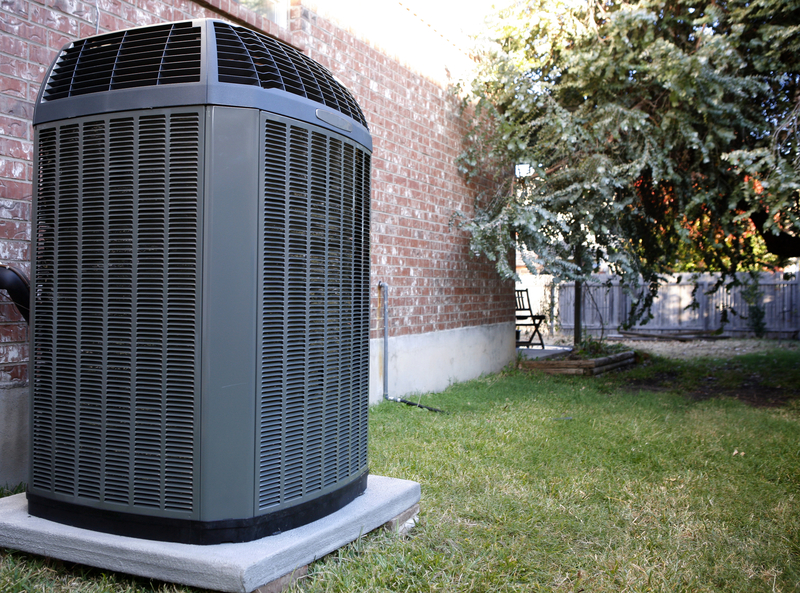
Is a Variable Speed Air Conditioner Worth It? Pros and Cons
If you’re looking for a new air conditioner, you may have heard the term “variable-speed air conditioner” and questioned whether the added expense is justified. To assist you in making an informed choice, we will examine the operation of variable-speed air conditioners, evaluate them against other AC models, and review their advantages and disadvantages along with the related topics about whether a variable-speed air conditioner is worth it.
How Do Variable-Speed Air Conditioners Work?
High efficiency and the capacity to maintain a constant, comfortable indoor environment are two qualities that distinguish variable-speed air conditioners. Variable-speed AC units contain a compressor that can change its cooling capacity in small steps, typically 1%, or from 1% to 100% (maximum capacity), in contrast to single-stage and two-stage AC units, which have set cooling outputs. This indicates that the AC may modify its cooling power based on your home’s temperature requirements.
A variable-speed AC unit may operate close to 100% of its cooling capability to combat the heat on sweltering days efficiently. On the other hand, in milder climates, it can run at 30% to 40% of its capacity to keep the temperature steady and comfortable. A variable-speed system’s extended operating duration balances the temperature in your home via fewer hot and cold areas. It also enables improved dehumidification, making it perfect for humid conditions.
How Do Variable-Speed ACs Compare To Other AC Types?
Air conditioners with variable speeds are more sophisticated than single-stage and two-stage models. Single-stage air conditioners just have the on and off positions, which can lead to temperature swings and possibly unequal cooling in your home. Two-stage air conditioners provide better humidity and temperature control with low and high settings than single-stage models.
However, variable-speed air conditioners offer even better temperature control, with most houses only seeing variations of +/-1oF. They are perfect for people who live in humid climates since they are excellent at controlling humidity.
The Advantages of Variable-Speed ACs
- Greater Comfort: Variable-speed air conditioners keep an even temperature indoors, minimising temperature changes and minimising hot and cold zones in your home. Additionally, they provide greater humidity control, enhancing your comfort in general.
- Quieter Operation: Compared to conventional AC units, variable-speed ACs frequently operate at lower rates.
- Cheaper Cooling Bills: These ACs are extremely energy-efficient and require less energy to keep your home cool, resulting in cheaper cooling costs. Due to their excellent efficiency, they can be eligible for government or utility program rebates.
- Potential Rebates: Some governments and utility providers provide rebates to purchase energy-efficient air conditioners, and variable-speed ACs with high SEER ratings frequently fall under the purview of these rebates.
The Disadvantages of Variable-Speed ACs
- Higher Initial Cost: Compared to single-stage or two-stage machines, variable-speed air conditioners can cost anywhere from $1,500 to $8,000 more upfront.
- Might be overkill: The greater efficiency of a variable-speed air conditioner might not be worth the extra initial cost in mild climes or places with perfect humidity levels.
- Incompatibility with Ducts That Aren’t Insulated: Long-running variable-speed air conditioners may cause condensation on exposed metal ducts, resulting in water damage and mould formation. Single-stage or two-stage ACs might be a preferable choice in these circumstances.
Is a Variable-Speed AC Worth the Cost?
The answer relies on many variables, including your local climate, energy costs, and the features of your house. Generally, a variable-speed air conditioner is cost-effective if you live in a hot, humid region, value precise temperature control, and have insulated ductwork.
Consider the possible energy savings over time and consider any local subsidies to decide if it is worthwhile. A variable-speed air conditioner might be wise for your home if the energy savings outweigh the initial cost difference and you value comfort and energy efficiency.
When Should You NOT Buy a Variable-Speed AC?
A variable-speed air conditioner may not be the best option in the following circumstances:
- If you intend to relocate before breaking even: A variable-speed air conditioner might not be ideal if you don’t expect to recoup the additional upfront cost through energy savings before you move.
- If your ductwork isn’t properly insulated: Variable-speed air conditioners can produce condensation on uninsulated ducts, which could result in water damage and the formation of mould. Single-stage or two-stage air conditioners are preferable in certain circumstances.
- Suppose you reside in a place with mild summers and appropriate humidity levels: In that case, a variable-speed air conditioner may not save much energy, making a two-stage or single-stage machine a more economical option.
Finally, a variable-speed air conditioner can provide superior energy efficiency, precise temperature control, and even cooling throughout your home. Even if the initial cost may be higher, the long-term energy savings and improved comfort level may make the purchase worthwhile, particularly for people who live in hot, humid areas. However, it’s crucial to consider your unique requirements, temperature, and energy prices before deciding whether a variable-speed AC is the best option. We hope we answered whether a variable speed air conditioner is worth it in our blog.

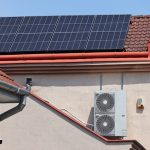
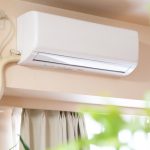

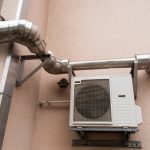
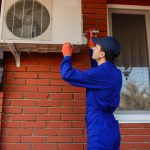


0 comments